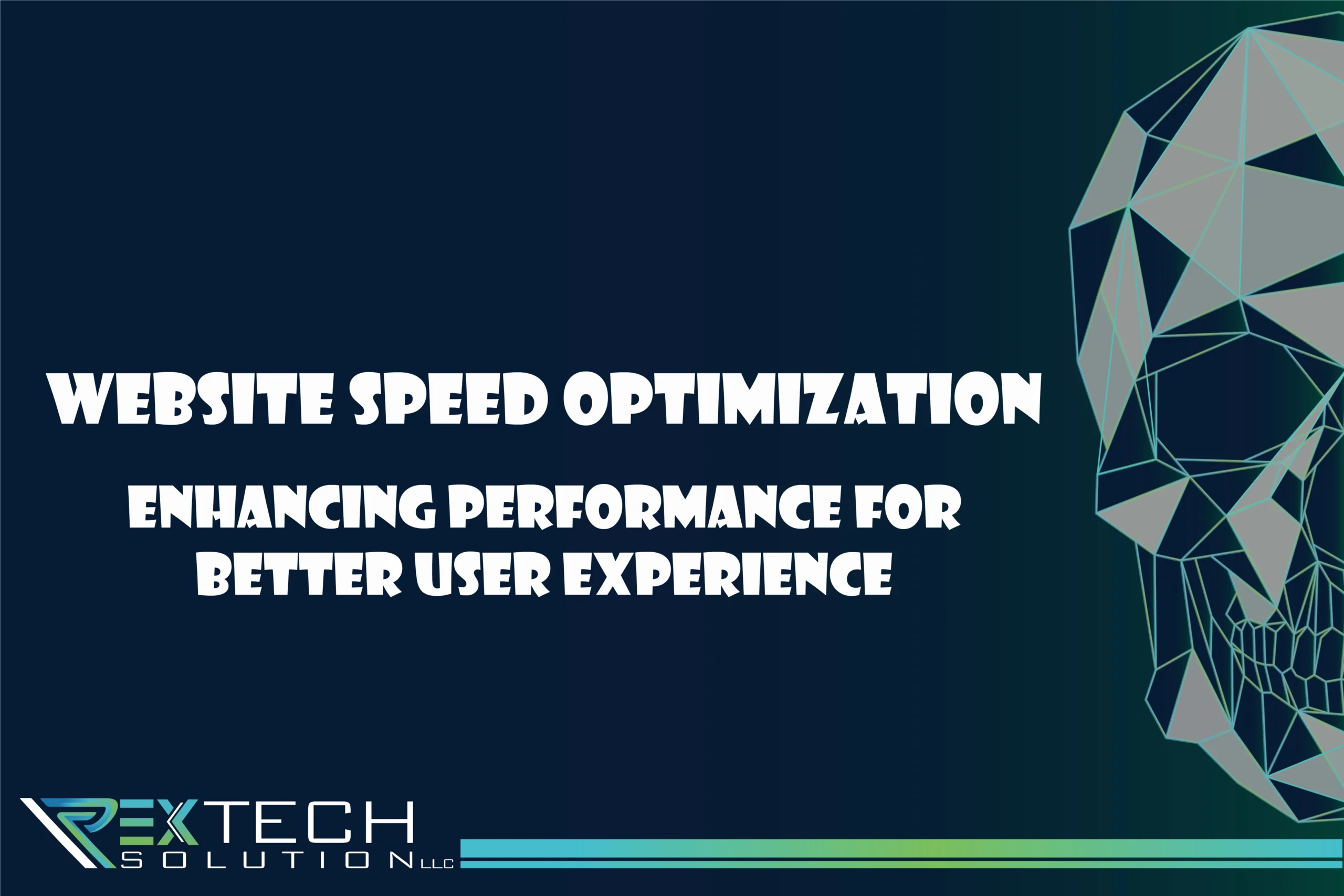In the quick-paced world of digital, every second matters. Search engine rankings, conversion rates, and user experience can all be strongly impacted by a website’s loading speed. Websites that load slowly irritate visitors and frequently result in increased bounce rates, which eventually hurts a company’s bottom line. This post will examine the significance of website speed optimization and examine different approaches to improve functionality, guaranteeing users a smooth and delightful experience.
Understanding the Importance of Website Speed Optimization
Website speed optimization is the act of making web pages load faster so that consumers can access content more quickly. It includes a number of elements, including picture optimization, code efficiency, and server performance. The significance of website speed cannot be overstated in today’s digital ecosystem, where users expect instant access to information and seamless browsing experiences.
Effect on the User’s Experience
The user experience is directly impacted by a website’s loading speed. Studies show that when a website takes more than a few seconds to load, viewers are more likely to leave, which results in increased bounce rates and lower engagement. A website that loads slowly has the potential to damage a company’s reputation and discourage future visits. On the other hand, a website that loads quickly increases customer happiness and promotes longer browsing sessions, and improves conversion rates.
Impacts on the Rankings of Search Engines
An important consideration for search engine rankings is website speed. Page speed is one of the ranking factors used by search engines like Google, which gives preference to websites that load quickly in search results. Websites that load quickly have a greater chance of ranking well, drawing more organic traffic, and being found for relevant search terms. Businesses may increase their online visibility and outperform rivals in search engine results by increasing the performance of their websites.
Key Strategies for Website Speed Optimization
Optimize Images
Large image files can significantly slow down a website. Optimizing images by compressing them without compromising quality can dramatically reduce loading times.
Minimize HTTP Requests
Each element on a web page, such as images, scripts, and stylesheets, requires an HTTP request. Minimizing the number of these requests can speed up page loading times. Combining CSS and JavaScript files, using CSS sprites, and reducing unnecessary elements can help minimize HTTP requests.
Utilize Browser Caching
Browser caching allows a website to store static files such as images, CSS, and JavaScript locally on a user’s device. This reduces the need for repeated downloads upon subsequent visits, leading to faster load times.
Enable Compression
Prior to being delivered to the browser, resources like HTML, CSS, and JavaScript files can be compressed to greatly reduce file sizes and speed up page loading.
Optimize Server Performance
Choosing a reliable hosting provider and optimizing server configurations can improve website response times. Utilizing content delivery networks (CDNs) can distribute website content across multiple servers worldwide, reducing latency and improving load times for users across different geographic locations.
Minimize Redirects
Redirects add additional HTTP requests and increase page load times. Enhancing website speed can be achieved by minimizing the use of redirects and making sure they are used appropriately.
Reduce Server Response Time
Optimizing server-side processes and database queries can reduce server response times, resulting in faster page rendering.
Also Read: Website Redesign Strategies: Enhancing User Experience and Performance
Conclusion
In today’s competitive digital landscape, website speed optimization is not just a recommendation but a necessity. Through the implementation of efficient optimization tactics and the prioritization of performance, organizations can improve user experience, elevate search engine ranks, and stimulate conversions. Putting money into website speed optimization is an investment in your online presence’s sustainability and success. Keep in mind that every millisecond matters when it comes to grabbing and holding your audience’s attention.
In conclusion, optimizing a website’s performance ought to be a primary concern for companies looking to make the most of their online presence and beat their rivals. Businesses may provide outstanding user experiences, raise their search engine ranks, and eventually accomplish their goals by concentrating on improving performance through tactics including picture optimization, reducing HTTP requests, utilizing browser caching, and optimizing server speed.
At RexTech Solution, we understand the critical importance of website speed optimization in today’s digital landscape. Our team of experts specializes in providing comprehensive solutions to enhance website performance, ensuring seamless user experiences and driving business growth. Contact us today to learn more about our services and how we can help optimize your website for maximum efficiency and effectiveness.

